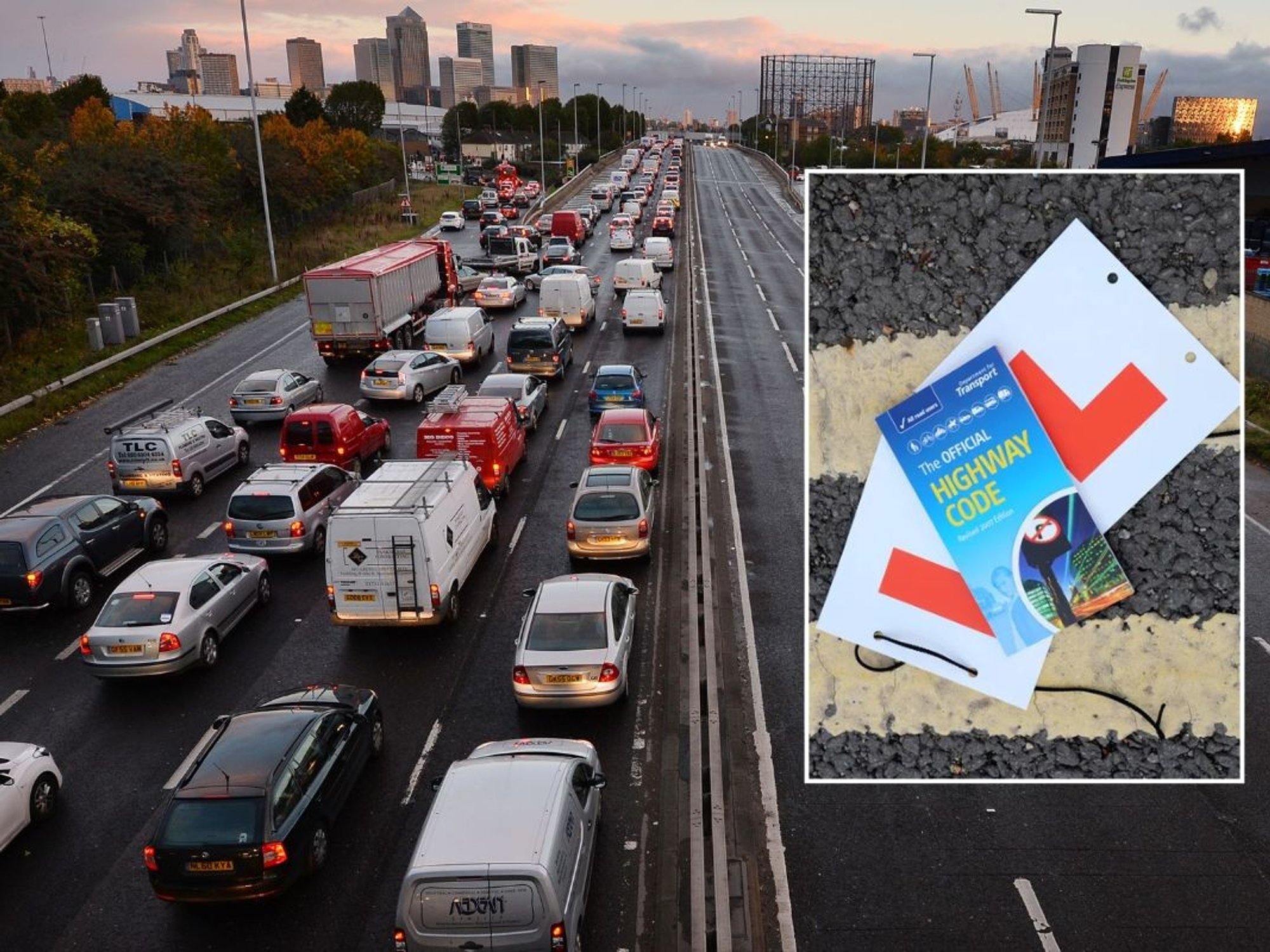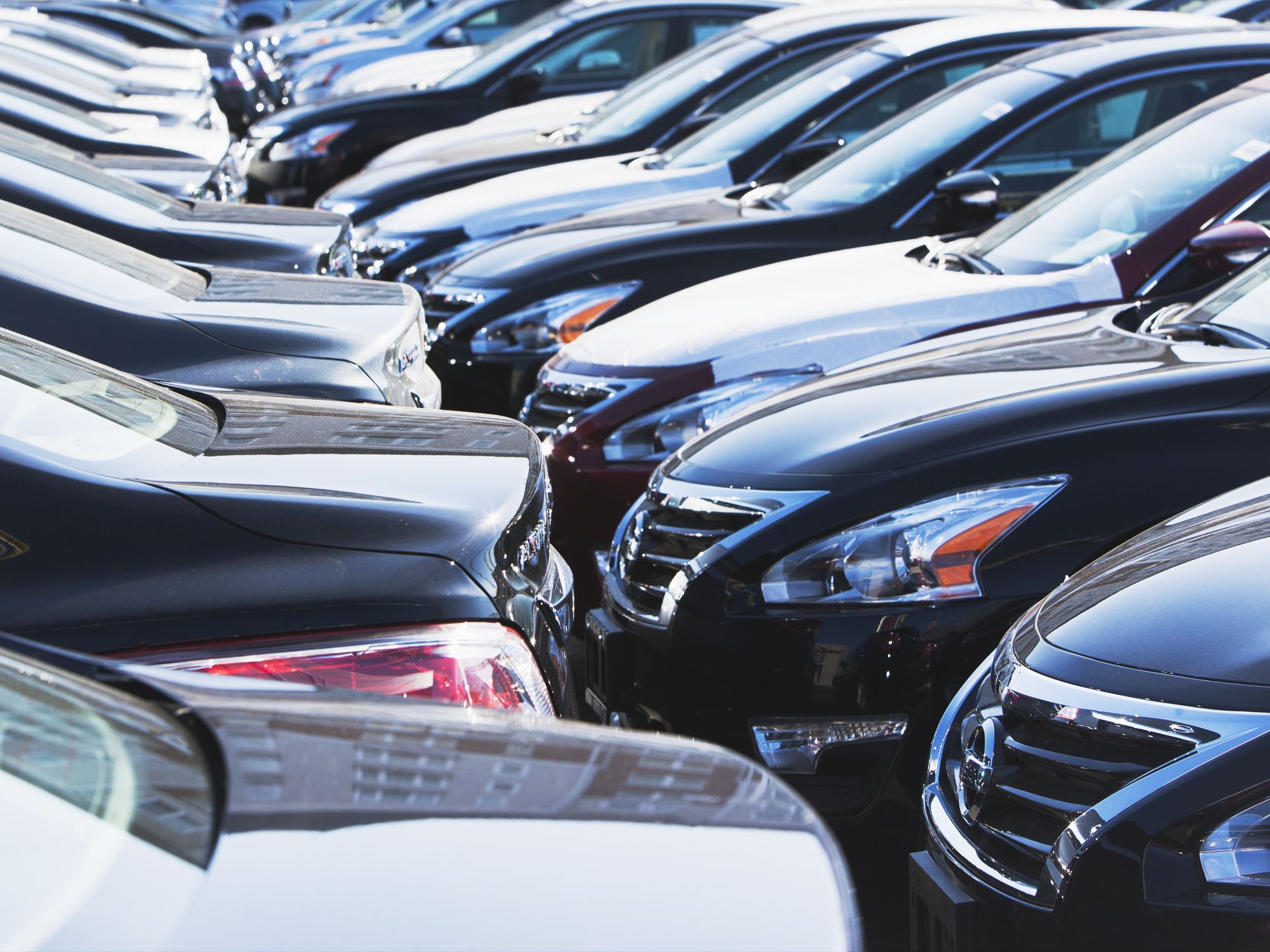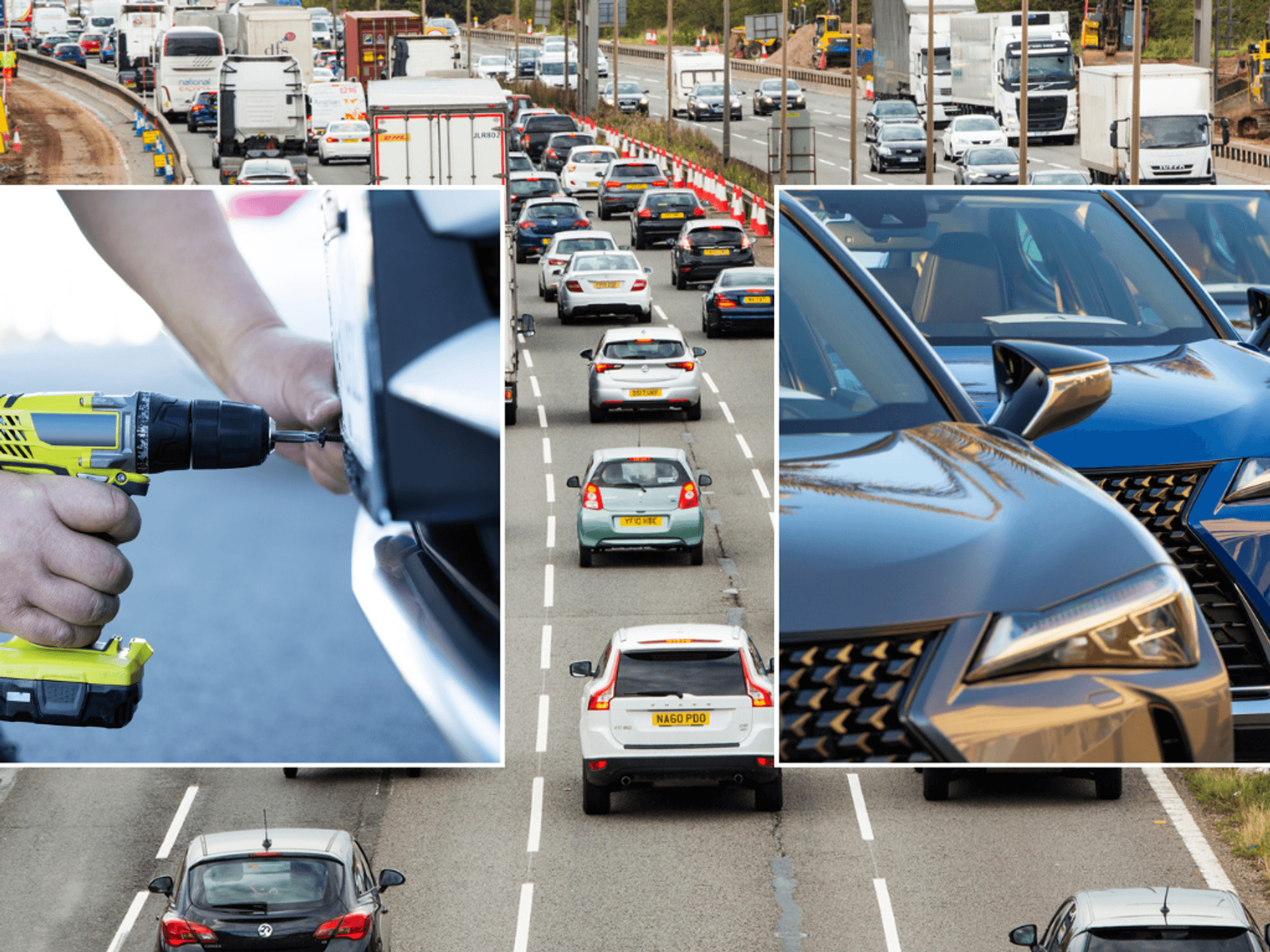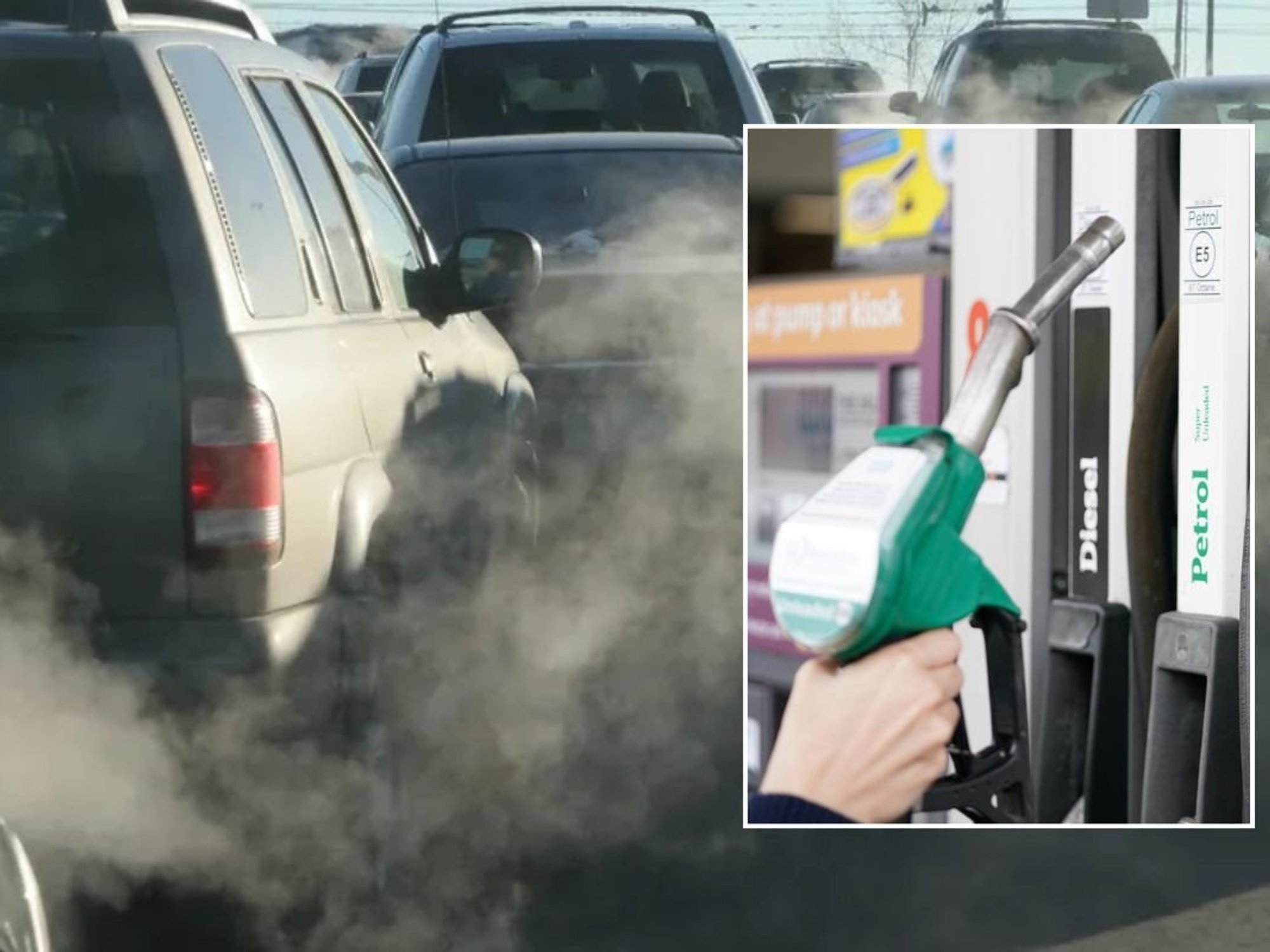Drivers won't be forced to 'surrender or scrap' petrol and diesel cars ahead of 2030 vehicle ban

The consultation will end on January 31, 2026, and will form the basis of future policies
Don't Miss
Most Read
Drivers will not be forced to scrap their petrol or diesel vehicles by the end of the decade, following the launch of a landmark consultation in Jersey.
The Government of Jersey has launched a new consultation on the 2030 deadline to ban the sale of new petrol and diesel vehicles.
It questions how individuals, businesses and organisations could ensure they meet the deadlines in time and whether any exemptions could be introduced.
As part of the rollout of the consultation, which will end on January 30, 2026, ministers have clarified the aim of the survey and dispelled rumours around the project.
TRENDING
Stories
Videos
Your Say
Environment Minister Steve Luce acknowledged that the proposals included in the consultation were "really significant but necessary change for Jersey".
Mr Luce, who is the Deputy for Grouville and St. Martin, confirmed that no one would be required to "surrender or scrap their vehicle".
"We want people to use their existing vehicles until the end of their useful lives, before sustainably replacing them with a zero or low emission alternative," he added.
Jersey's plan to phase out petrol and diesel vehicles will see "specific groups of vehicles" from being permanently brought to the island.
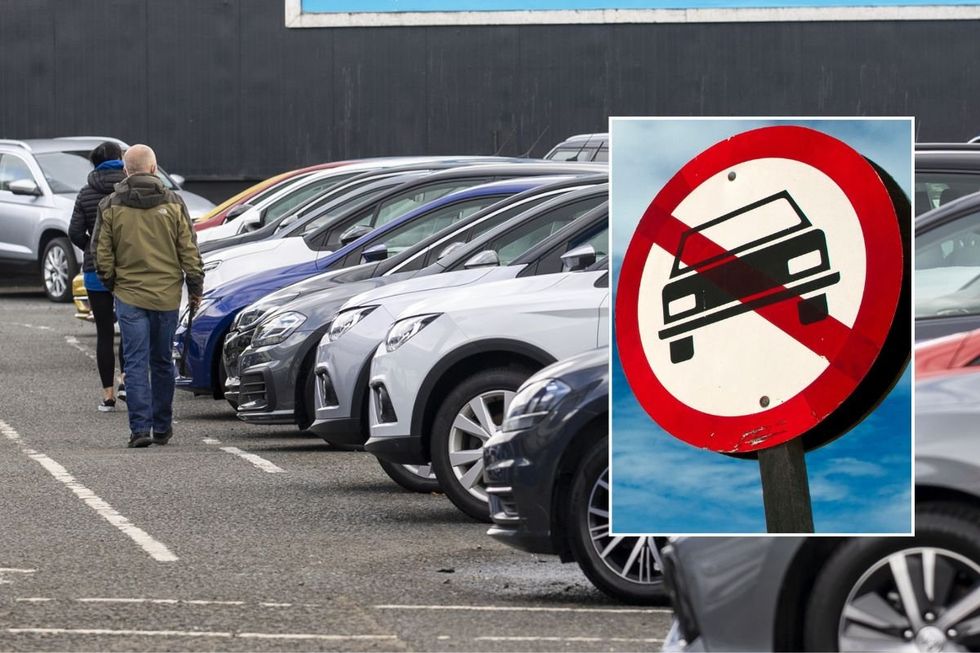
Ministers have confirmed that drivers in Jersey will not need to scrap or surrender their cars
|PA/GETTY
However, any polluting vehicles which are already registered in Jersey will not be impacted, as highlighted by Mr Luce.
Jersey's Carbon Neutral Roadmap states that the island should be proactive in outlining which vehicles can and cannot be imported to the island.
They should also start phasing out vehicles which can be replaced with readily available low and zero emission alternatives.
Data shows that 27 per cent of the island's greenhouse gas emissions were produced by petrol and diesel vehicles, equating to almost 97,000 tonnes.
LATEST DEVELOPMENTS
- Petrol and diesel drivers face price hike as Rachel Reeves urged to axe fuel duty freeze - 'Do the right thing'
- Chinese car brands 'winning' against European rivals as BYD and others see 'massive growth'
- Rachel Reeves set to slap drivers with 'double tax' in Budget ahead of major pay-per-mile decision
Car journeys were responsible for the vast majority of these emissions, although road transport emissions have fallen by more than a quarter since 1990.
However, at the end of June 2025, there were only 3,7000 electric and 4,400 hybrids registered on the island of Jersey.
Concerned residents on the island will be able to meet with the Government's consultation team at Charing Cross, St Helier, on December 8 and January 8.
Separately, it will be holding events for members of the motor trades, motor sport organisations and vehicle owners' clubs.
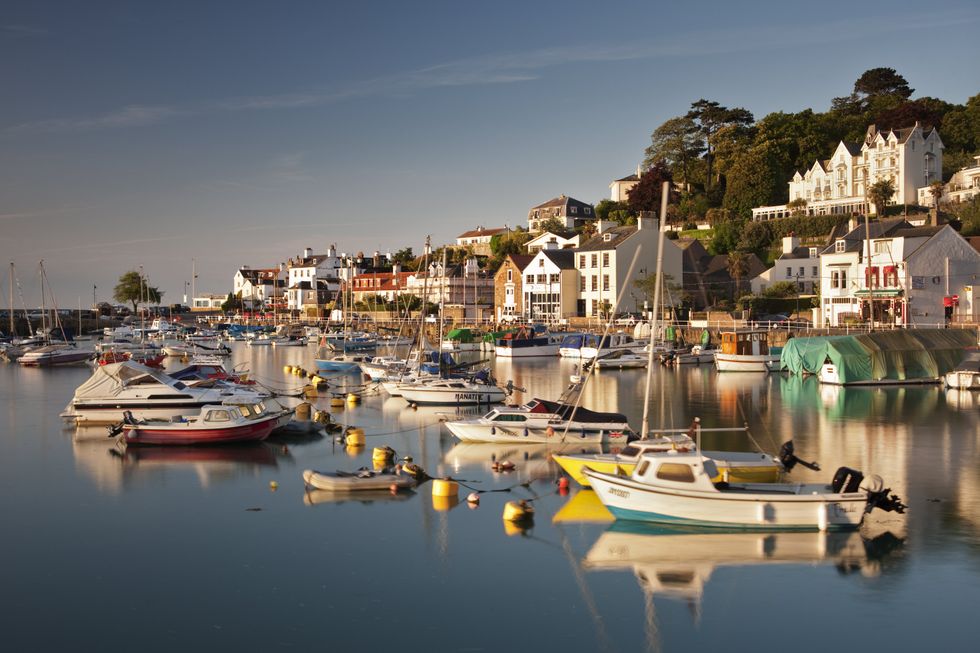
Jersey aims to achieve net zero emissions by 2050
| GETTYThe island of Jersey aims to meet net zero emissions by 2050, with interim targets of reducing emissions by 68 per cent by 2030 and 78 per cent by 2035.
The Government of Jersey confirmed that it aims to publish responses by March 31, 2026, which is expected to inform policies in the coming years.
Mr Luce also pointed to concerns surrounding the disposal of electric vehicles and batteries, stating that the Government was aware of these fears.
He added: "Work is ongoing to ensure Jersey motorists can easily access disposal and recycling facilities as part of producer responsibility for these items."








